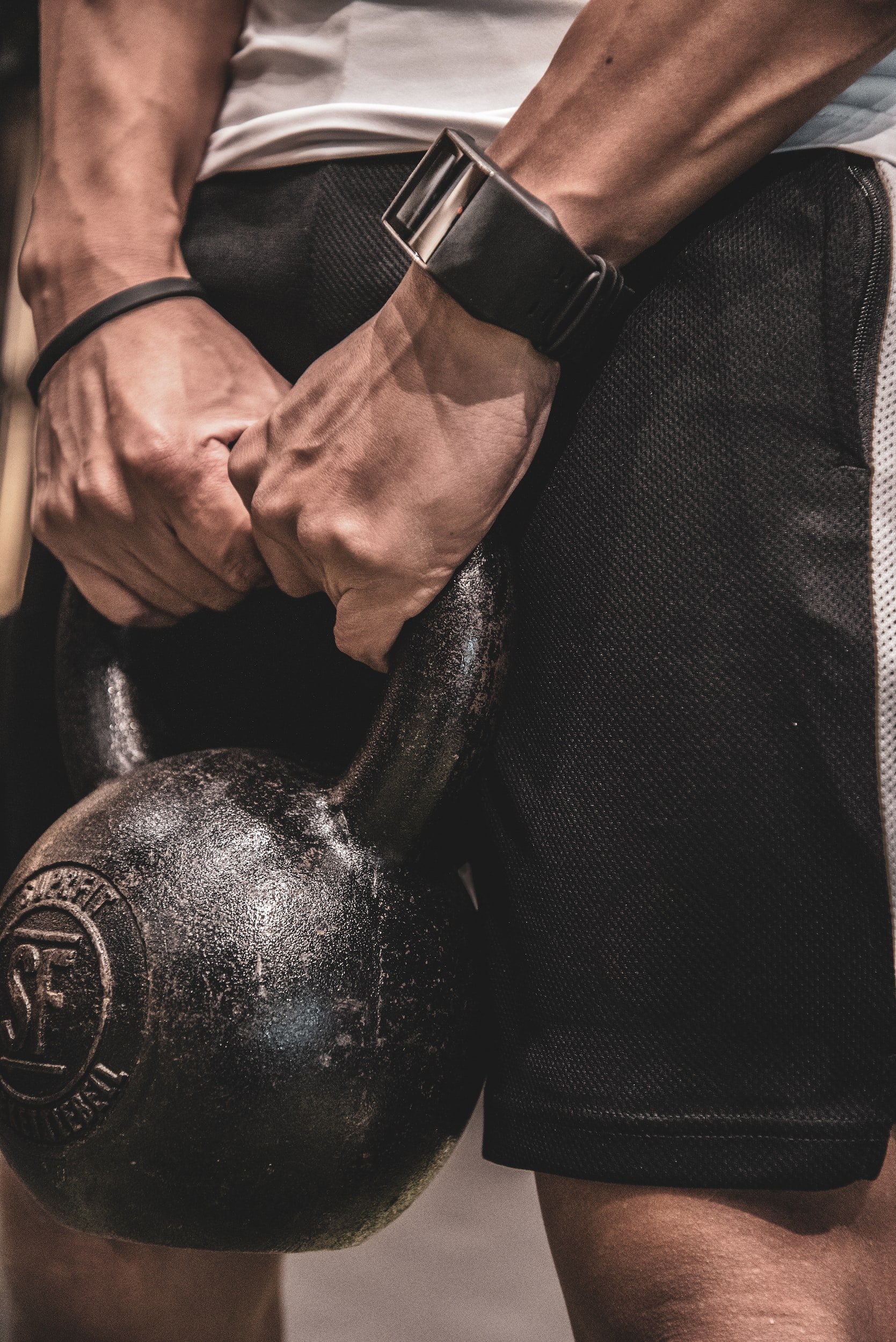Are fitness trackers worth it?
The popularity of fitness trackers and sports watches has soared in recent years. But are they worth it, and do they really help you hit your goals?
There are so many fitness trackers out there now – and the days when all they did was count your steps are long gone. The sports watches and trackers of today are seriously high-tech, and can do all sorts of things, from tracking your reps, and recording your running cadence, to monitoring your heart rate and analysing your sleep patterns. You might wonder if there’s anything these babies can’t do.
But there’s no denying they can be pricey. A top-end tracker could set you back £450 or more – and you could enjoy an awful lot of sessions at Ellie’s Gym for that sort of money.
So, are fitness trackers worth it? Before you invest, weigh up the pros and cons…
Benefits of a fitness tracker
Measure progress to boost motivation
It’s so important to measure your progress, and a fitness tracker makes this easy. The level of data that modern watches can produce is pretty mind-blowing. Whether you want to check your heart rate during that last tough rep, monitor your recovery time after sprints or improve your max VO2 max, it can be both fascinating and highly motivating to pore over the stats, and see proof of your improvement over time.
Target your training for better results
“A sports watch can help you identify what you want to achieve, and it can tell you how close you are – but, crucially, they can’t tell you how to get there.”
Knowledge is power. So, if you’re more closely aware of how you’re performing, it becomes easier to up your game. Most fitness trackers feature heart rate zones, meaning you can tailor your training to the sort of results you’re aiming for, whether that’s increased aerobic capacity, weight loss or higher speed. It can also be handy to track patterns and see the effects of switching things up, such as taking your regular workout outside.
Improve all-round health
There’s more to being fit and healthy than just what you do in the gym. Your diet, hydration, stress levels and sleep quality all play a part, too. A good fitness tracker will help you keep a closer eye on these, and offer a helping hand to improve them. Most will prompt you to get up and move regularly, drink more water, or take a moment to relax if your stress levels are high. The best offer in-depth sleep analysis too.
Downsides of a fitness tracker
Distract you from how you’re feeling
A watch can tell us a lot, but our bodies tell us more – as long as we’re listening. Seeing the data from a tough session can give you a buzz, but a great workout is a great workout no matter what your watch says, and you should seek satisfaction from how you’re feeling afterwards, rather than relying on your fitness tracker for validation. Always trust your own body over your fitness tracker’s figures.
Question mark over accuracy
Technology is developing at seemingly breakneck speed, and there’s no doubt today’s top-notch trackers are far more accurate than those of just a few years ago. But they’re not perfect. They also rely heavily on you inputting the correct personal data, such as your height, weight and age – and keeping it all up to date.
They can negatively impact mental health
It’s great to be committed to your fitness, and most of us have spent more time scouring our stats than we care to admit. But there’s a risk that exercise can become less intuitive and more clinical – and that’s not fun. Obsessing over workout data, changing behaviour purely to influence the feedback on your tracker or comparing your stats with others can all have a negative impact on mental health.
So, are fitness trackers worth it?
Fitness trackers can be a hugely valuable tool, but they can’t do everything. A sports watch can help you identify what you want to achieve, and it can tell you how close you are – but, crucially, they can’t tell you how to get there.
So that’s where it’s handy to have a qualified human being on hand, like a good personal trainer, to make sure you’re training in the most effective way for you, and to help you when things don’t go to plan.
So, if you’re weighing up whether to spend your hard-earned cash on a PT or a shiny new watch, we’d recommend prioritising the personal touch every time.



